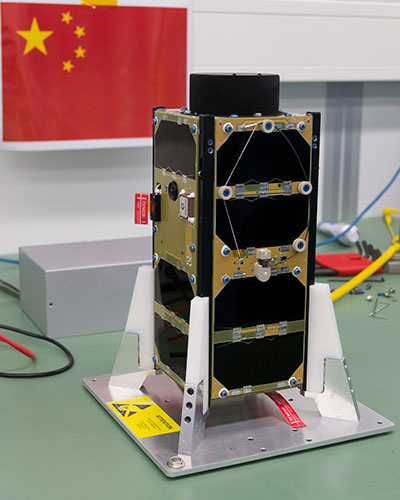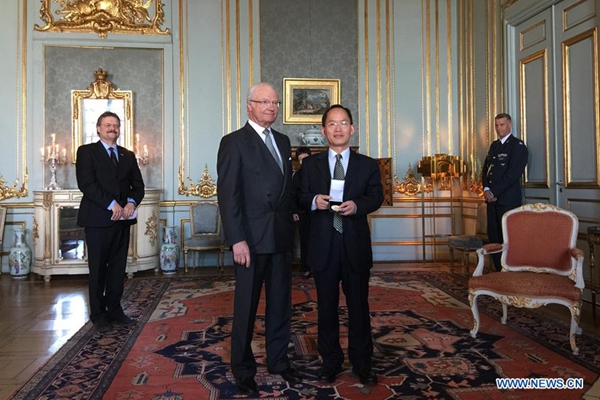China drafts law on public libraries
![People read books in a public library at Gongshu District of Hangzhou, capital of east China's Zhejiang Province, Dec. 28, 2016.[Photo: Xinhua/Long Wei]](http://images.china.cn/attachement/jpg/site1007/20170420/b8aeed9906a71a6255c80f.jpg) |
|
People read books in a public library at Gongshu District of Hangzhou, capital of east China’s Zhejiang Province, Dec. 28, 2016. [Photo/ Xinhua] |
China approved a draft law on public libraries at a State Council executive meeting on Wednesday, which will be forwarded to the Standing Committee of the National People’s Congress for deliberation.
The draft law illustrates the government’s role in strengthening the library functions, and encourages more social support in the responsibilities of libraries.
The new functions of libraries, such as digital resources and online services, are also included in the draft.
“It’s an important step to further institutionalize public cultural services in China,” said Li Guoxin, member of the national panel for the public cultural service system.
“It will better combine guidance of the government and the support of the public,” he added.
According to the Ministry of Culture, a network of libraries covering both urban and rural areas had 838 million books around the country at the end of 2015.
Also, a total of 404 million yuan (59 million U.S. dollars) were earmarked by the central government to support free public libraries in 2015.
China has been improving public cultural services, with a law on public cultural services taking effect on March 1.

